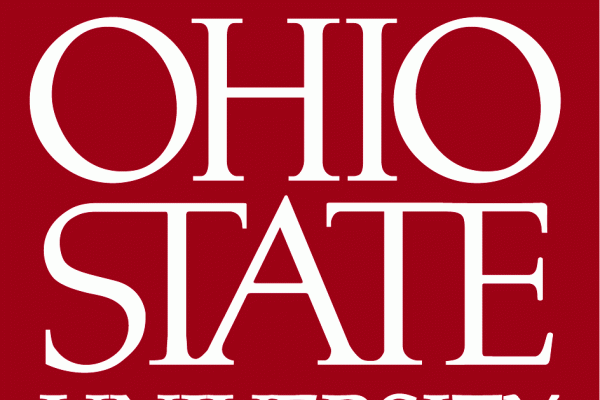
11/18/11– Dr. John Beverley:
The question of Latinamericanism is, ultimately, a question of the identity of the Latin American state or states. Yet the inadequacy of the existing state is precisely the problem that the discourse of Latinamericanism places at its center, both historically and in the contemporary moment. Like other forms of postmodernist social and cultural thought, subaltern studies privileges the activity of “social movements” functioning outside, indeed in opposition to, the state and the sphere of formal politics. What happens, however, when, as is the case with several of the governments of the so-called Pink Tide in Latin America (notably Bolivia), subaltern-popular social movements have themselves“become the state,” to borrow Ernesto Laclau’s expression, or have lent themselves to political projects seeking to occupy the state. This paper argues that we need a new, post-subalternist, paradigm for thinking the relation between the state and subalternpopular sectors, “post” in the sense that it displaces the subalternist paradigm of the separation of state and subaltern, but that also involves rethinking the nature of the state itself from perspectives opened up by subaltern studies.
